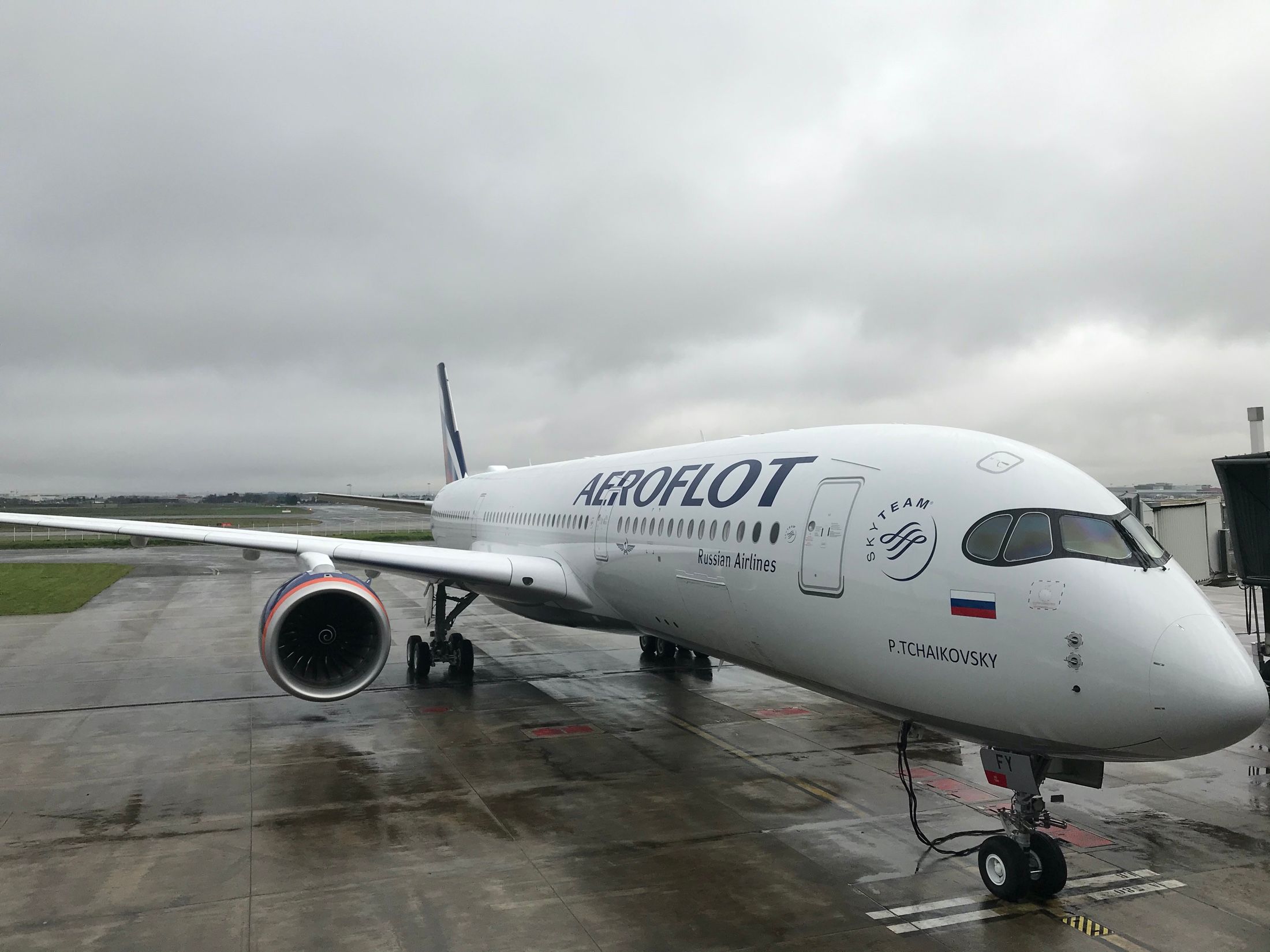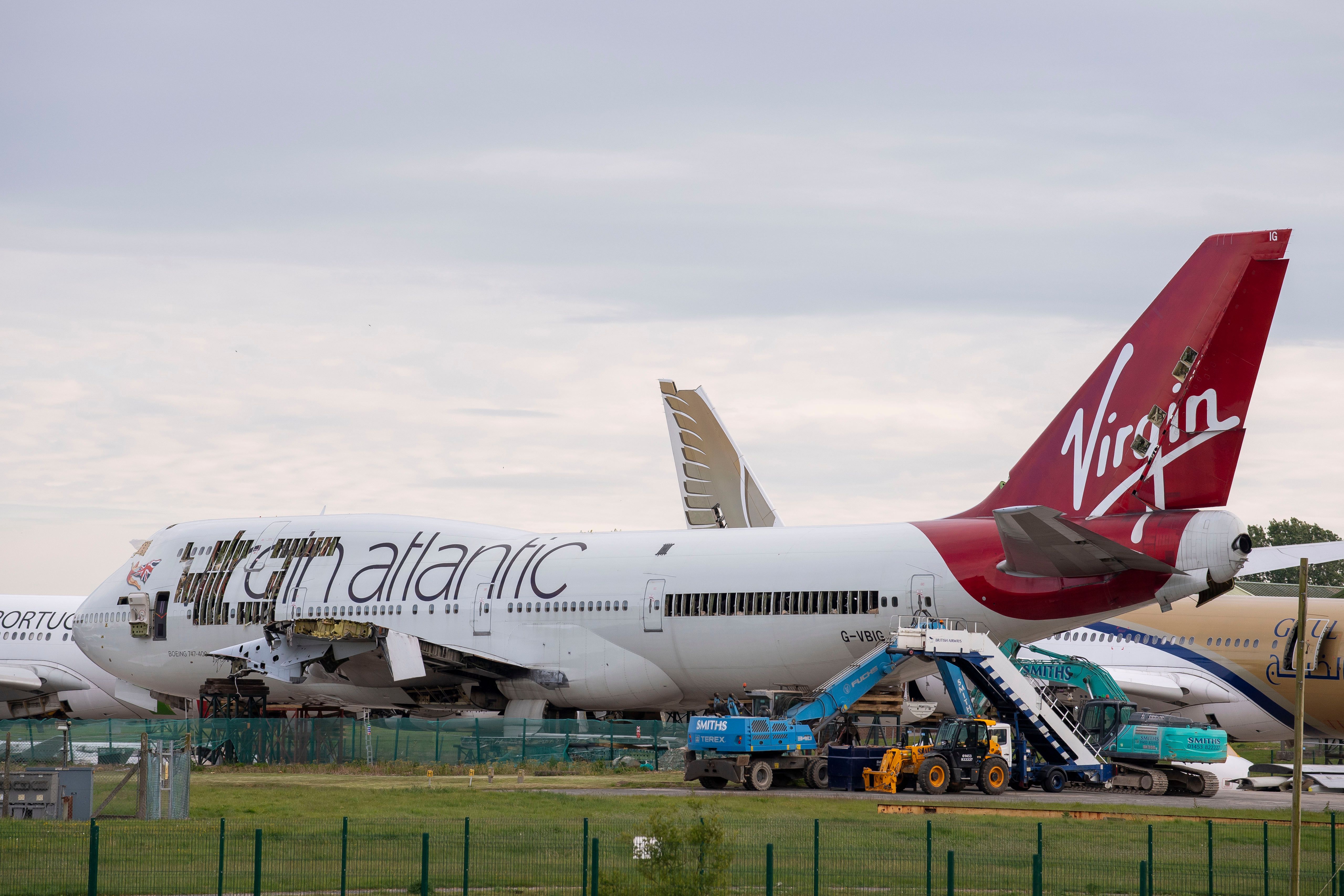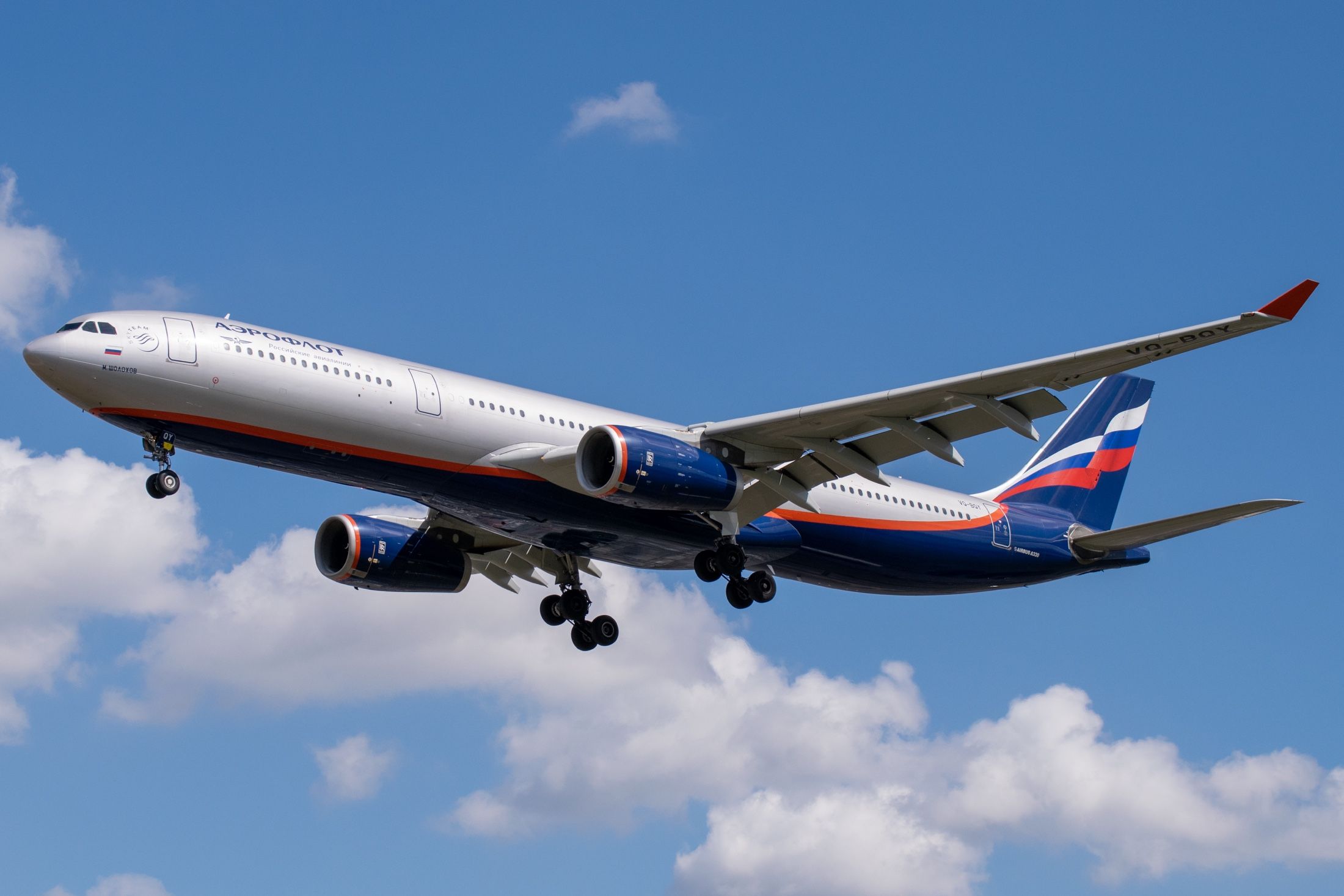The Russian invasion of Ukraine has resulted in international sanctions that have severely impacted the Russian aviation industry. Russian airlines such as Aeroflot are now unable to fly internationally to most destinations and some countries have banned Russian airlines from using their airspace. In addition, plane manufacturers including Boeing and Airbus have halted exporting their planes to Russia, and have also stopped shipping spare parts to Russian airlines. This has resulted in Russian airlines' plan to start cannibalizing their aircraft to keep the majority of their fleet operational.
Cannibalism of aircraft
Cannibalism of aircraft usually occurs when there is a desperate need for a specific part and there are no alternative supply routes. Aircraft demand constant maintenance to ensure their airworthiness. Regular maintenance such as changing tires or inspecting engine blades all require a constant supply of spare parts. The severance of this supply can lead to a decrease in the size of the fleet, which ultimately affects the operational capacity of an airline.
A solution to this problem is the cannibalism of aircraft. Essentially, engineers will remove a working part of one aircraft and replace a broken part in a different aircraft to allow that aircraft to fly. In some cases, working parts are taken off of aircraft that are sent to the scrapyard, as it is considered unsustainable to cannibalize an aircraft that is still flying. Therefore, parts are sometimes taken off scrapped aircraft instead to reduce the economic loss associated with cannibalizing a fully-functioning plane.
Russian airlines will have to resort to cannibalism of its fleet because of import restrictions of Western countries, which have prevented Boeing and Airbus from exporting spare parts to Russia. Effectively, they are sourcing spare parts from existing aircraft in order to ensure the safety of their fleet, which reduces the operational capacity of the fleet, as some aircraft may become unusable.
Russia's aviation report
According to ch-aviation, a leaked, unofficial report from the Russian government has surfaced, detailing their assumptions of how the Russian aviation sector will develop in the next decade. The report covers a wide variety of metrics to measure the development of Russian aviation, including passenger numbers, and the number of commercial aircraft. Almost all of these metrics paint an unfortunate and negative future for the industry, as Russia continues its invasion of Ukraine.
A more pessimistic view of the future entails a shortage of foreign-made aircraft, which the Russian government has pledged to solve by expanding the domestic, Russian-made commercial fleet. If sanctions continue, Russia predicts that in the worst-case scenario, over half of the commercial aircraft in Russia would have to be grounded.
The plan to increase the number of Russian-made aircraft will cost 627 billion roubles ($9.7 billion), and "would add 1,000 Russian-made aircraft to the national fleet by 2030". This move will certainly ease the pressure on Russian airlines to maintain their foreign fleet, and might decrease Russia's reliance on the West for aircraft. Still, this large price tag will undoubtedly become a huge burden for Russian taxpayers, especially if inflation continues to increase.
Alternative sources for parts
In addition to cannibalism, other possible routes for finding spare parts include sourcing them from countries that are not currently sanctioned, such as through vendors in Turkey and India. According to Reuters, China has already turned down Russian airlines' requests for parts, which we can probably attribute to the fear of sanctions from the West.
The bottom line
The conflict in Ukraine has had a drastic impact on the aviation industry, predominantly affecting the Russian market, but also forcing airlines in both Europe and Asia, such as Finnair and Japan Airlines, to take a longer routing to avoid Russian airspace.
Source: Reuters, ch-aviation



